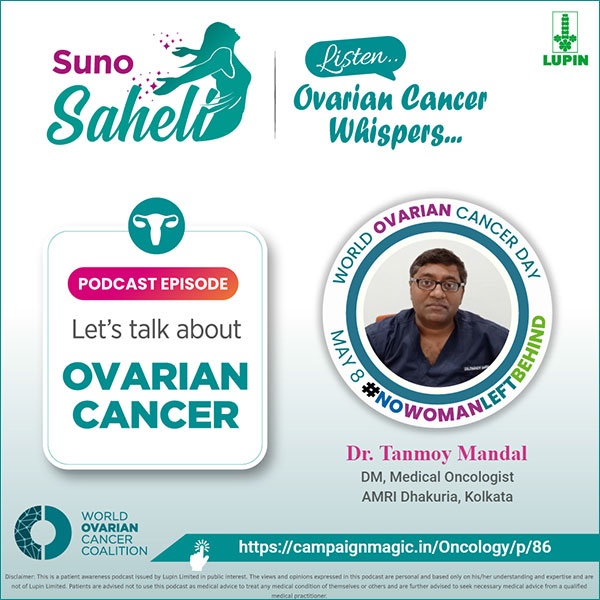You discover an unfamiliar lump in your breast, but you are unsure what caused it. You must be feeling anxious and have numerous inquiries. The top breast cancer specialist in Kolkata has answers to all your queries regarding breast lumps. Read this guide to get answers to your questions.
What does a breast lump feel like?
Breast tissues have a slightly uneven and spongy texture, which makes it difficult to distinguish between normal breast tissue and a potential lump. An actual breast lump is characterized by its distinct and notably firmer feel compared to the surrounding breast tissue. These lumps can vary in size, from as small as a pea to as large as a golf ball, and may or may not be movable.
Conversely, the texture of normal breast tissue is typically uniform and characterized by a consistent fibrous mesh that extends throughout the breast. While breast lumps are usually painless, there are instances where a woman might feel discomfort or pain associated with a lump.
Which breast lumps should women worry about?
While the majority of breast lumps are non-cancerous, it’s essential to recognize that any lump has the potential to be breast cancer and get it thoroughly checked by a breast cancer specialist. That being said, medical oncologist in Kolkata has listed the following features that make a lump concerning:
- Changes in the skin over the lump
- Changes in the nipple shape, for instance, sudden enlargement in size
- The lump size changes
If you come from a family where women previously had breast cancer, your chances of suffering from the same increases.
What should you do if you feel a breast lump?
When a woman notices a lump, the first thing to do is schedule an appointment with a breast cancer specialist for a thorough diagnosis. Your doctor is likely to ask the following:
- What is the lump size?
- Can you sense the lump moving or slipping under your fingers or is it fixed?
- Is it painful?
- Is the skin around the lump inflamed or itchy?
- Is the lump growing in size?
- Does the lump grow bigger or become more painful when your periods arrive?
- Do you feel lumps in both breasts?
Depending on the lump’s physical and clinical attributes, a breast cancer specialist may or may not suggest additional tests, such as a diagnostic mammogram or a biopsy, for a more comprehensive evaluation of the mass.While a woman’s risk for breast cancer increases significantly after age 50, it’s important to remember that breast cancer can also affect young women. That’s why a renowned breast cancer specialist in Kolkata advises women to consult a breast cancer expert immediately when they detect a lump.


